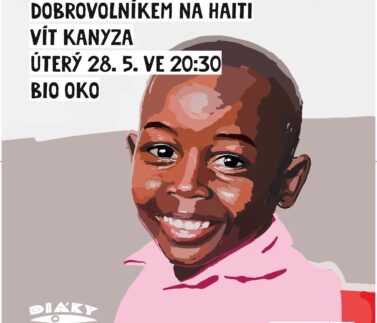
Christmas in Haiti
More than eighty percent of Haitians profess Roman Catholicism, so it’s no wonder that the Christmas holidays are as important here as they are anywhere else in the world, despite the fact that more than ninety percent also profess the original religion of African slaves, voodoo.
On Christmas Day, December 24, people go for a Christmas tree, which can be a few pine branches from mountain areas or a branch from a banana tree (we rarely see a decorated whole tree, if it is not artificial, because there is very little forest in Haiti, around 2%) . The whole family decorates it together and the children put their newly cleaned shoes full of straw under it. They hope that Tonton Nwèl will remove the straw and put presents in their shoes and around them!
During the day, children and adults make fanals. These are small lanterns similar to houses that are part of the Haitian Christmas tradition. Inside is a candle that illuminates them and creates the effect of colored glass. Fanals are a century-old tradition that many say originated as a primitive way of illuminating the way to church.
When it’s done, they start cooking a gala dinner. The traditional dish here is goat with special shela rice with potatoes, carrot salad and fried bananas. On this single day of the year, children are allowed to drink anisette, a slightly alcoholic sweetened drink made by soaking ´anise´ leaves (the spice from which star anise comes from) in rum.
In the evening, everyone goes to a church or other cultural center, where a theatrical performance about the birth of Jesus usually takes place. This often lasts well into the night.
The next day, a big festive Christmas Mass is celebrated. Everyone wants ´Jwaye Nowe´ and unwraps their Christmas presents – new toys, household items or vegetables and fruits. For the rest of the day, everyone relaxes and enjoys new things and mutual company. Children play the game Wosle, which consists of gradually collecting a stone from the ground and storing it in the palm of your hand, while gaining more and more stones. The one who picks up the most at once without slipping out of his palm wins.
In some parts of Haiti, there is a pi detwal in the evening, something like our fireworks or sparklers. Especially children like to watch how detwal pi illuminates the darkness of the night, and thus recalls, according to its poetic name, “rain of stars”.
On New Year’s Eve, December 31, it is customary for wealthier families to buy one or two oxen, kill them, and make them dinners for other families. The act of cutting meat is called coltiz, and means the expression of unity and love. On New Year’s Eve, people eat traditional national pumpkin soup.
Lada Matyášová, Archdiocesan Charity Olomouc



